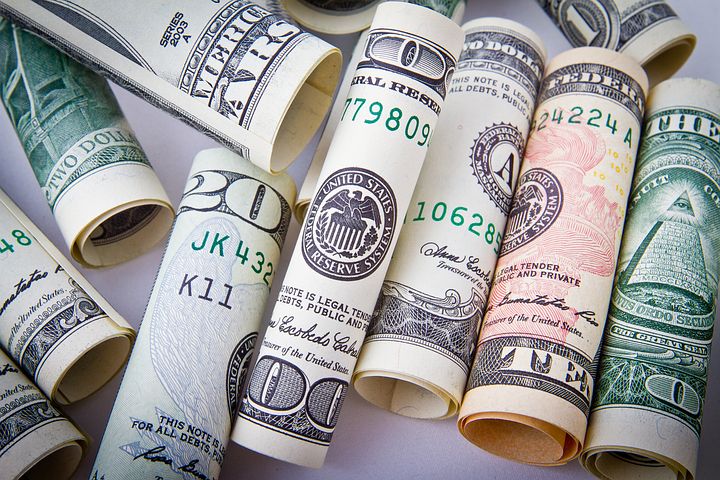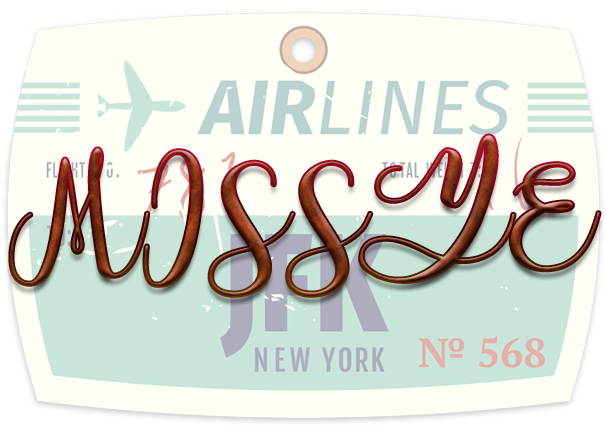
23 May Getting a good currency deal…..
Good morning all,
With my current travels looming in the next 10 days I wanted to share with you some of my money tips
With the pound trading at a high against the euro, many of us are starting to buy our holiday money. But be sure to follow these steps to avoid getting ripped off.

If you’re planning a holiday, you can get more bang for your buck if you buy currency now.
The pound has strengthened against both the euro and the dollar in recent months, which for British travellers means you can get more of the single currency for the same price, or more buck for your bob.
However, there are plenty of currency buying blunders to avoid!
What has changed?
The political and economic crisis in Greece has helped push the exchange rate for the pound versus the euro to its highest levels in over three years, with £1 buying 1.25 euros, from a low of 1.07 euros in 2009.
The exchange rate for dollars has also shifted higher since the beginning of the year. But companies offering foreign exchange all offer different rates to the public, so choose wisely. Buying at the right time and in the right way could be the difference between scrimping on the last day of your trip, or dining out with enough money left over to buy souvenirs at the airport.
Find the best exchange rate
If you’re travelling as a family and wanted to buy 1,000 euros, it would cost you over £30 more if you exchanged with HSBC instead of ICE, according to figures by CompareCurrency.co.uk.
Similarly, if you wanted to exchange £500, you would get around 590 euros with HSBC or around 614 euros with ICE – a difference of 24 euros.*
You wouldn’t knowingly buy a toaster that was more expensive in one shop compared to another, so don’t make this mistake with currency either – compare the rates on offer.
Don’t just shop on the high street
Although online providers are likely to be cheapest, the majority of people swap currency at the Post Office, at travel agents or at banks or building societies, with these three holding a combined 67% share of the market in 2010-11, according to figures by the Office of Fair Trading.
Online companies like ICE and Moneycorp often provide better exchange rates and free next day delivery (usually for orders over £500).
But if you really don’t have time to order online and need to buy your currency on the high street, from the Post Office for example, don’t pay on your debit card as there is likely to be a charge. Withdraw cash from an ATM instead.
Never buy at the airport
This is a major currency exchange ‘no-no’ – millions of pounds are wasted every year by holidaymakers changing up cash at the airport because of poor exchange rates.
According to some estimates, it is around 10% more expensive to buy at the airport. If you always leave things to the last minute you can still aim for a better deal. For example, Travelex lets you order money online, at a better rate, up to four hours in advance of you picking it up at the airport.
Using your card abroad
Charges apply for overseas spending and cash withdrawals on plastic and they can be pretty hefty. The cost varies depending on the type of card you’re using and what you’re using it for.
Some credit cards are actually good for purchases abroad and offer the best exchange rates with no additional fee, such as the Halifax Clarity card. However, charges for withdrawing cash on credit cards are typically 2-3%, or 1-2% for debit cards. The same is true of spending on cards so check with your bank what fees apply before you travel.
When paying a restaurant tab while on holiday, always pay in local currency if you’re given a choice. Some restaurants ask if you want to pay in sterling but you could be stung by their high exchange rate if you accept. This is called dynamic currency conversion – avoid it.
Until da next Tyme!

No Comments